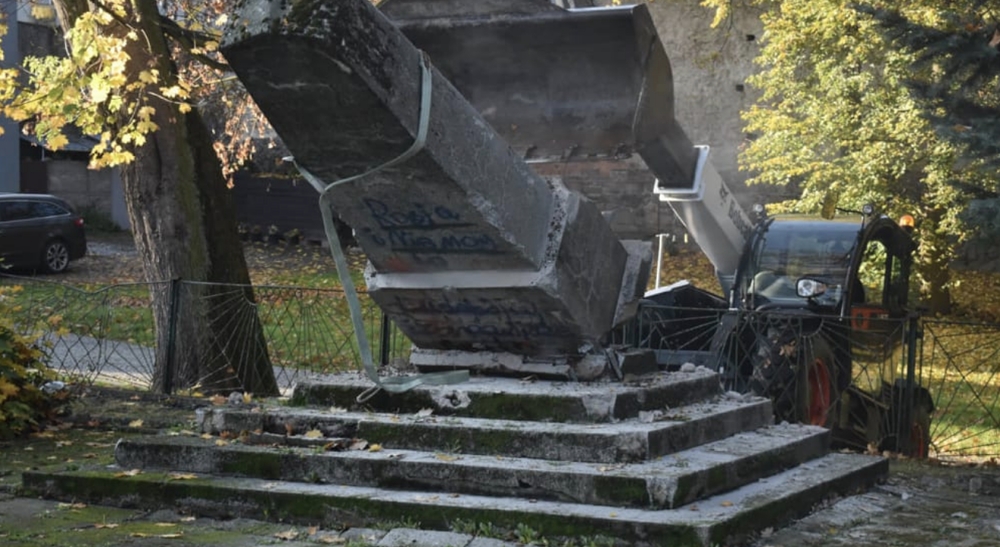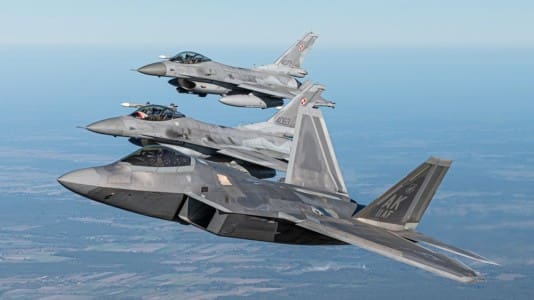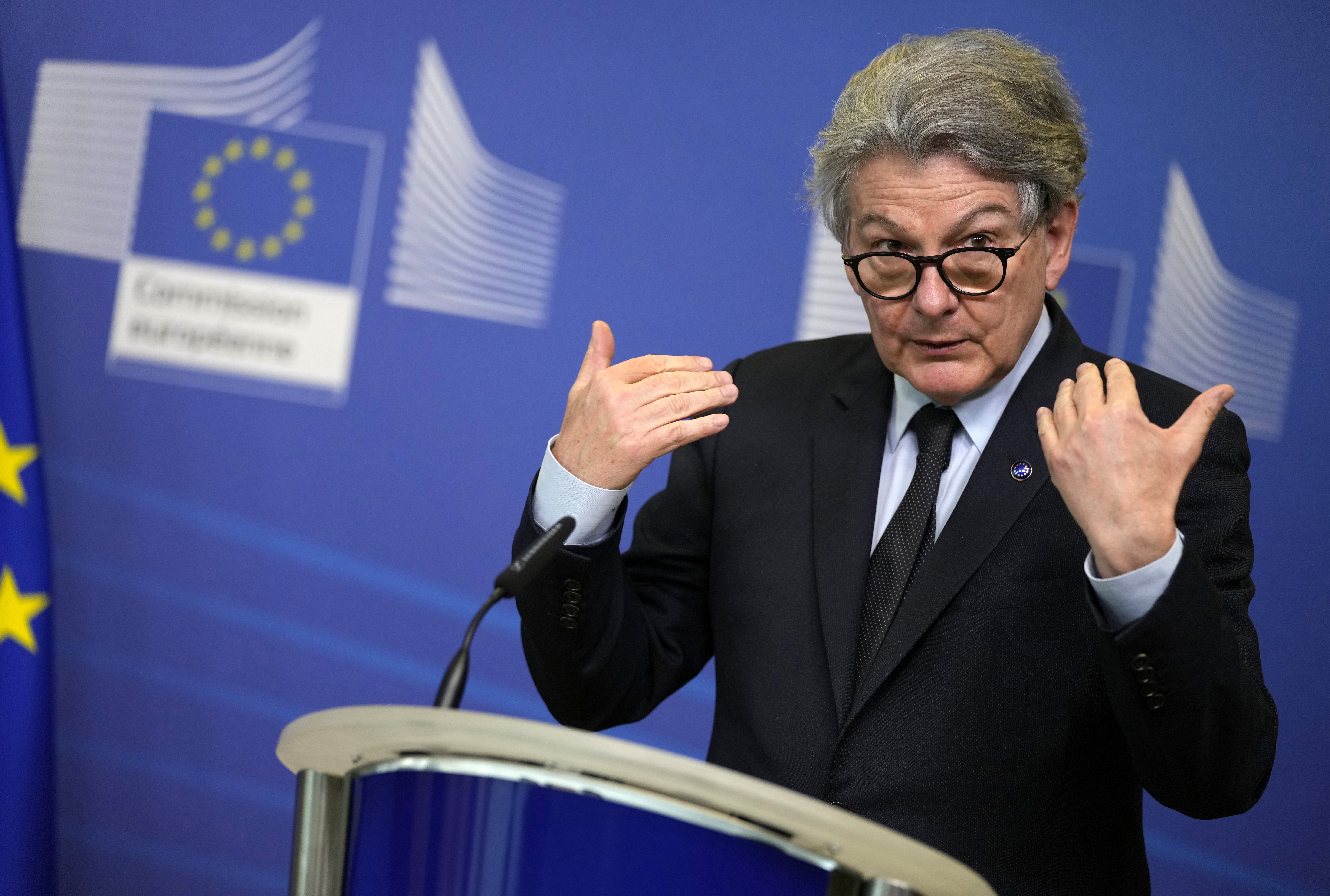Poland tore down four Soviet-era monuments dedicated to Red Army soldiers who died during World War II on Thursday. Two of the monuments were in the Silesia region of Głubczyce and Byczyn, while the other two were in Bobolice in the west part of the Baltic coast, and Staszow in the Świętokrzyskie region in the south of Poland.
Karol Nawrocki, the head of the Institute of National Remembrance (IPN), attended the removal of the monument in Głubczyce. “This monument is one of falsehood,” he said.
Nawrocki stressed that the Red Army did not bring liberty but a system of evil that called for world revolution and genocide of specific social groups:
“It is a symbol of a system which, arm in arm with Hitler, began the Second World War and one which colonized Poland and made vassals of its people,” he said.
❗”Let us emphasise that there can be absolutely no consent for any forms of commemorating the totalitarian communist regime and people serving it,” Karol Nawrocki. The dismantling of the monument in Glubczyce. The IPN continues the decommunization of the public space in Poland. pic.twitter.com/fcywnuxPip
— Institute of National Remembrance (@ipngovpl_eng) October 27, 2022
Nawrocki continued that it was also a “symbol of a spirit which still dominates in the Russian Federation and is responsible for killing Ukrainians.”
Citing examples of Polish resistance to the Soviets, the head of the IPN said that they had not lived long enough to see such monuments removed.
“Monuments of shame, monuments celebrating oppressor rather than victims. It was a relief to see these monuments disappear,” said Nawrocki.
The monument of “gratitude to the Red Army” in Głubczyce was erected in 1945 in the city’s park. It consisted of an obelisk with a figure of an armed Soviet soldier in front of the inscription “Glory and honor to the soldiers of the Soviet Army who died to free Głubczyce.”
There is no controversy in Poland about maintaining graves of Soviet soldiers fallen in Poland during World War II — their cemeteries are maintained with public funding. However, there has been a movement for legislative action to remove monuments to the Red Army that celebrate the so-called liberation of Poland.
Since the Soviet Union invaded Poland together with Nazi Germany in 1939 and then imposed communism on Poland following 1944, the vast majority of Poles do not perceive the Red Army as being in any shape or form an army of liberation, but rather an army of occupation.





